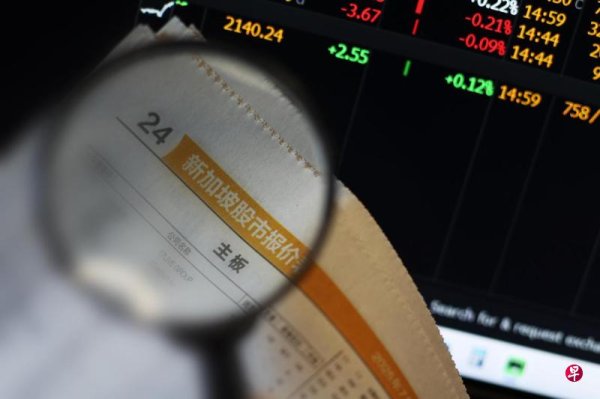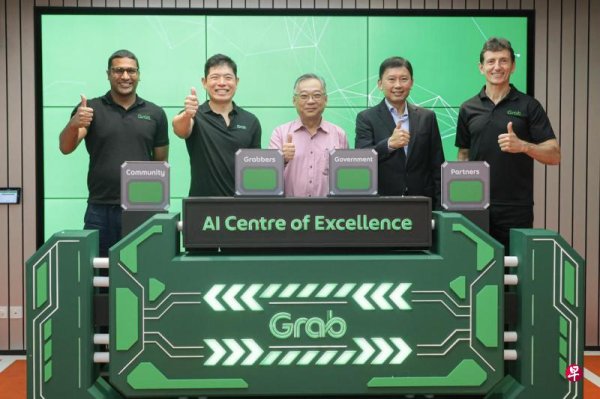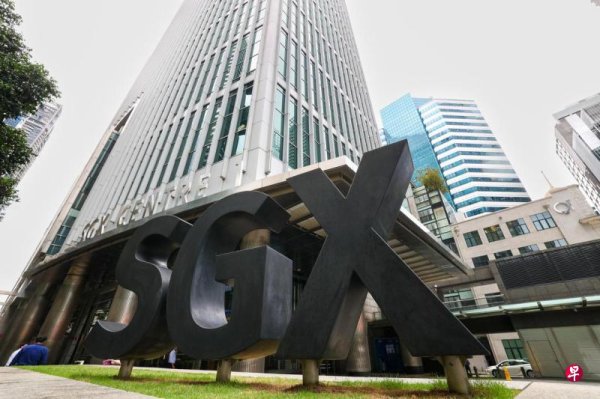SEMI Chairman: Quantum computing is expected to drive semiconductor market, which may double to $2 trillion in 2040
Singapore also plays an important role. Nowadays, one out of every 10 chips in the world comes from Singapore, and one out of every five chip manufacturing equipment comes from Singapore.
Chen Shilong said: "For this period of time, advanced chips and related manufacturing equipment have been unilaterally restricted from exporting. Now, the possibility of imposing tariffs on semiconductors is also imminent."
Chen Shilong emphasized that Singapore will continue to deepen cooperation in the semiconductor field with like-minded countries.
Despite various uncertainties and application fields, whether it is consumer electronics, electric vehicles or 5G, the market demand for advanced semiconductors is still increasing. Major trends such as generative artificial intelligence and industrial automation are also expected to drive the industry's continued growth. The semiconductor market in Southeast Asia is expected to nearly double by 2032.
He pointed out that for decades, the semiconductor industry has flourished with the help of a highly integrated global supply chain, and every country and enterprise has its own field of expertise. For example, Southeast Asia has become the main manufacturing center of semiconductors, accounting for one-fifth of global chip exports in 2023.
"And artificial intelligence is just the tip of the iceberg. In another 10 years, the wave of quantum computing will begin. By 2040, the size of the semiconductor industry will reach $2 trillion. That's why I say the semiconductor industry has unprecedented opportunities."
Focusing on Asia's key role in the semiconductor supply chain, Manocha announced on Tuesday (May 20) at the opening ceremony of the SEMICON Southeast Asia 2025 (SEMICON Southeast Asia 2025) that it will establish its second headquarters in Singapore this month.
SEMI represents more than 3,000 semiconductor companies around the world, and the association is headquartered in the United States.
Dr. Chen Shilong, Minister of Human Resources and Second Minister of Trade and Industry, also mentioned in his conversation that it is the best time for the semiconductor industry to reiterate its partnership.
Manocha also mentioned the prospects of the semiconductor industry during the conversation. "There is no doubt that this industry is destined to thrive. It took us 70 years to achieve a revenue scale of $600 billion and will reach $1 trillion in the next few years, which is mainly benefiting from the wave of artificial intelligence.
Manocha pointed out that the focus of the semiconductor industry this year is still on the resilience of the supply chain. He believes that the crisis of chip shortage has not yet passed completely. Despite the increase in additional stocks, chip supply may still be short if the supply chain is not tough enough.
The semiconductor industry is involved in a trade war, and industry insiders are still optimistic about the prospects of this industry. In addition to the expected market to exceed US$1 trillion (about S$1.3 trillion), Ajit Manocha, chairman of SEMI, the International Semiconductor Association, estimates that the development of quantum computing may double the global semiconductor industry to US$2 trillion in 2040.
Manocha said: "So, SEMI will have two headquarters. The new headquarters is based in Singapore, which will help support our major hubs in Asia, reducing complexity and increasing flexibility."
This year's Southeast Asia International Semiconductor Exhibition is held in Singapore again after 11 years. The three-day event attracted more than 700 companies from 23 countries and localities to participate, and the number of attendees is expected to exceed 20,000.








